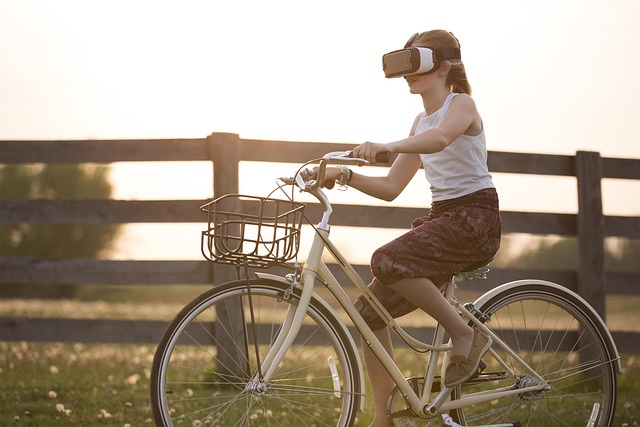The rise of virtual interactions through social media has revolutionized the way we connect, communicate, and engage with one another. However, beneath the surface of these digital connections lies a darker reality—social media addiction is creeping into our lives, impacting our mental health and altering our perception of reality.
Each notification, each like or share, triggers a rush of dopamine in our brains, creating an addictive cycle that many find hard to break. The irony is that while social media was designed to enhance our connections, it often leaves us feeling more isolated than ever. This paradox of connectivity can lead to feelings of inadequacy, anxiety, and depression, as we constantly compare our lives to the seemingly perfect ones portrayed by others.
Social media’s impact on our lives extends beyond just emotional health. A significant aspect of this addiction is the erosion of face-to-face interactions. As we retreat into the digital realm, we inadvertently neglect the people right in front of us. Friends and family can feel sidelined by our obsession to scroll and post, resulting in weakened relationships and a disconnection from reality.
Moreover, virtual interactions can distort our sense of self. The curated personas we present online often differ dramatically from who we are in real life. This dissonance can create an identity crisis, particularly among younger generations who grow up in a social media-saturated environment. Millennial and Gen Z users may grapple with self-worth tied to online engagement metrics, leading to a harmful dependency on validation from strangers.
The consequences of social media addiction are not to be taken lightly. Research indicates that excessive use is linked to a decline in cognitive function, sleep disturbances, and reduced attention spans. Our constant need to stay connected can compromise our productivity and well-being, trapping us in a cycle of distraction that hinders personal growth and fulfillment.
While virtual interactions have a place in our modern lives, it is vital to set boundaries and practice moderation. Being mindful of our usage and actively engaging in real-life experiences can help reclaim our time and nurture our relationships. Engaging in activities that foster genuine connections with peers, family, and oneself can create a sense of belonging that social media often fails to provide.
As we navigate our digital landscape, recognizing the allure and dangers of social media is crucial. By understanding the ramifications of uncontrolled virtual interactions, we can strive for a more balanced relationship with technology—one that enhances our lives instead of dominating them.



